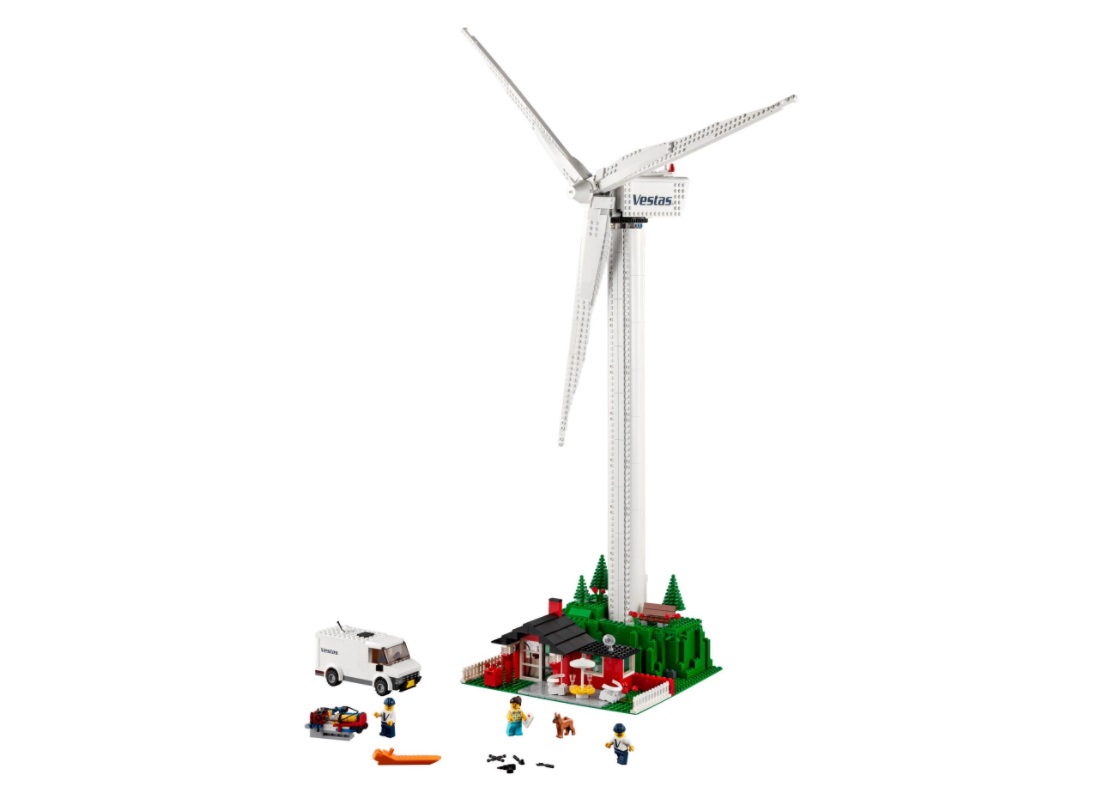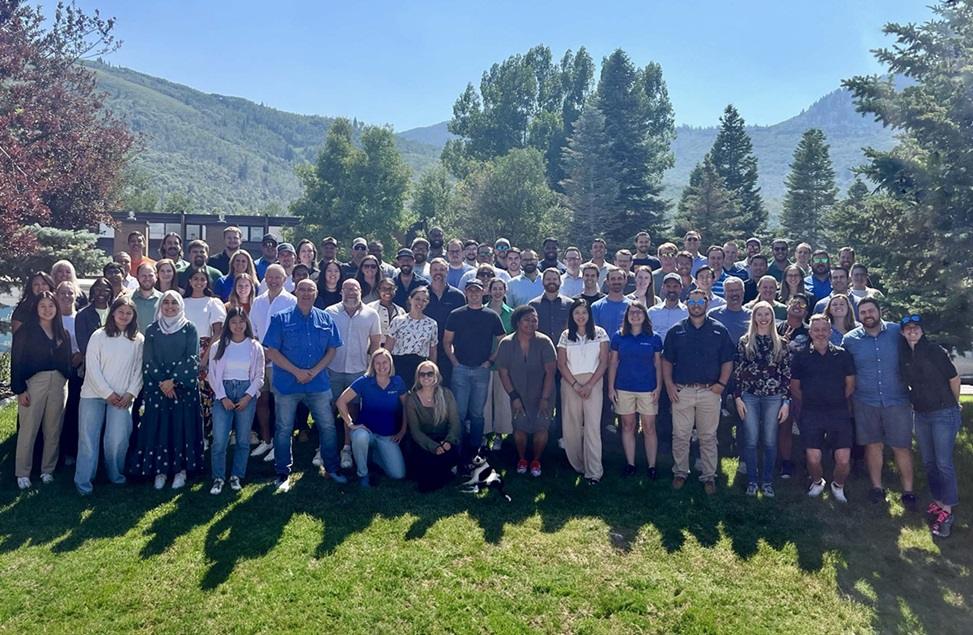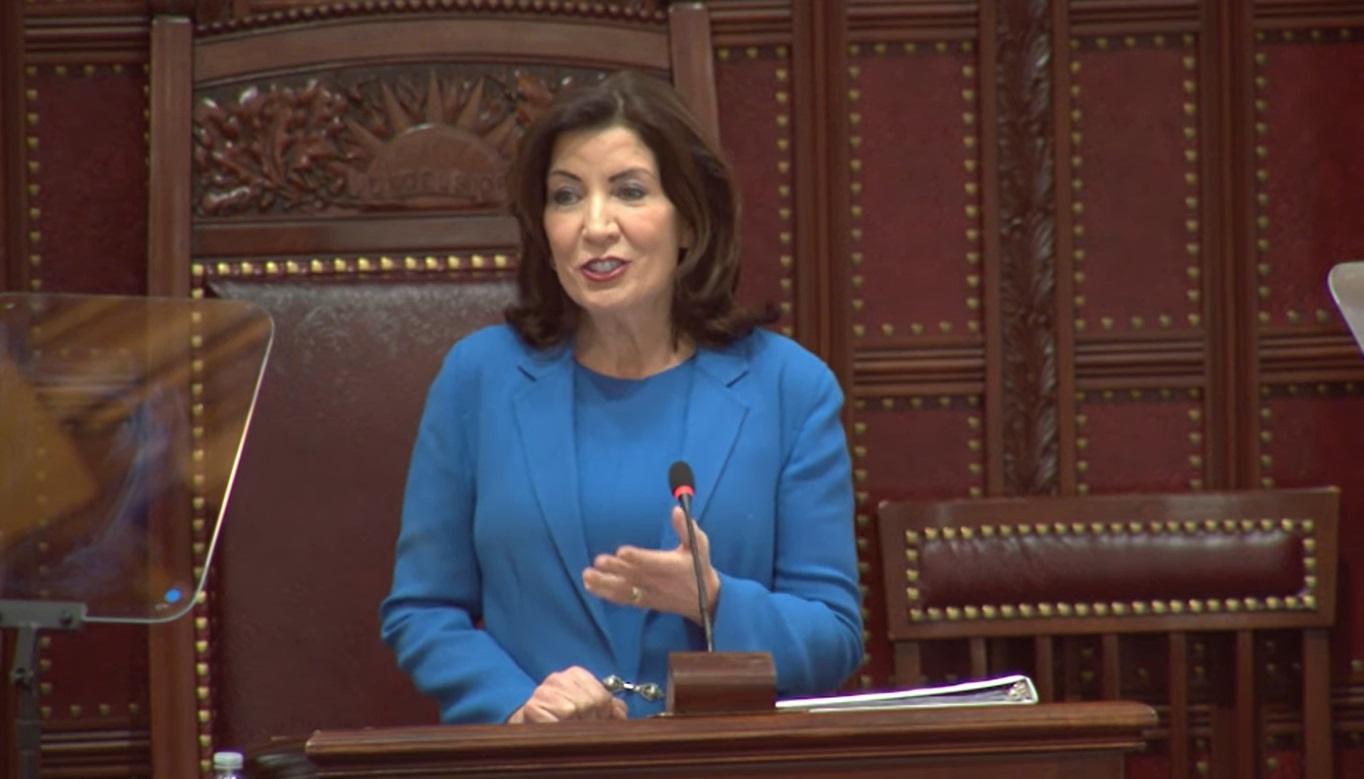LEGO, Novo Nordisk, to Use Low Carbon Materials for Plastic Products
The LEGO Group and healthcare company Novo Nordisk announced plans to substitute fossil-based plastic in some products with plastic produced using renewable energy and captured biogenic CO2, through an agreement announced by the companies with energy-focused climate solutions provider European Energy A/S.
Founded in 2004, Denmark-based European Energy is a developer and operator of green energy solutions, including solar, onshore and offshore wind projects, and is currently developing a Power-to-X (PtX) facility in Aabenraa, Denmark for the production of low carbon fuels such as e-methanol and green hydrogen.
Under the new agreement, European Energy will deliver e-methanol from the new plant, produced from renewable electricity, water and captured biogenic CO2, to LEGO Group and Novo Nordisk, for use in plastic production, replacing fossil fuels. Delivery is anticipated to begin in 2024.
European Energy CEO Knud Erik Andersen said:
“The use of plastic is an integrated part of the modern world, not only in our daily lives but also in industrial processes and equipment. Novo Nordisk and the LEGO Group are already leading the way into the future in various ways, and now even more by joining this cooperation. This is relevant for all industries keen on transitioning away from fossil fuels.”
Novo Nordisk said that it will use the e-methanol from the agreement to reduce the carbon footprint of medical devices such as insulin pens. The company has committed to net zero emissions across its value chain by 2045, and its environmental impact strategy, Circular for Zero, is focused on areas including sourcing renewable energy, designing eco-friendly products, and collaborating with suppliers on low impact solutions.
Dorethe Nielsen, Vice President of Corporate Environmental Strategy at Novo Nordisk, said:
“We wish to drive the decarbonisation of our business forward, and as a producer of plastic devices we wish to reduce the use of fossil plastics by engaging with suppliers in our value chain that can provide the necessary solutions such as e-methanol for plastic production. With our environmental strategy, Circular for Zero, we have set an ambition to have zero environmental impact, and innovation is a key driver to get there.”
LEGO Group’s climate-focused sustainability strategy includes initiatives to invest in sustainable materials research to reduce the carbon footprint of products and packaging, and the company has pursued programs such as the development of bricks using recycled plastic. The company will explore the use of e-methanol from the new agreement for use in selected elements from its portfolio, with prototypes expected in the coming years.
Nelleke van der Puil, Vice President of Materials at the LEGO Group, said:
“As part of our commitment to building a sustainable future for children, we have committed to making our products from more sustainable materials. The project will give us our third sustainable material we’ve developed alongside bio-PE and prototype bricks made from recycled PET. This agreement is an exciting step towards our ambition.”






